Deliverance (1972)
“Sometimes you have to lose yourself before you can find anything.”
|
Synopsis: |
|
Genres, Themes, Actors, and Directors:
Response to Peary’s Review: Peary argues that the “film is both provocative and an extremely powerful nail-biter”, and adds the weirdly unnecessary caveat that “it’s too intense and violent for kids” (no kidding!!!). Finally, he points out that the movie is “beautifully filmed by Vilmos Szigmond”, and that a “highlight is when Cox plays ‘Dueling Banjos’ with a young hillbilly” (Billie Redden, a local who was cast for his appearance rather than actual ability to play the banjo). I have little to add to Peary’s accurate review, other than stressing that this is a film I fully acknowledge as brilliant, but don’t want to watch again for a really, really long time. With that said, I adore everything about the dueling banjos scene — from the creative camera angles (it’s no coincidence that Redden is placed far above Cox) and close-ups of Redden’s face, to the juxtaposition of the beginning of this scene with Reynolds’ negotiations to find drivers for their trip, to Beatty’s disparagingly throwaway comment about “genetic deficiencies” as Redden deftly strums, to the old man in a hat hopping around in dancing delight (while Beatty openly mocks him), to Cox’s humble admission near the end of the song (“I’m lost”) as Redden’s grin widens and he continues playing. This group does indeed become lost, unaware of the dangerous and impenetrable power dynamics they’re about to enter into. Redeeming Qualities and Moments:
Must See? Categories
(Listed in 1001 Movies You Must See Before You Die) Links: |
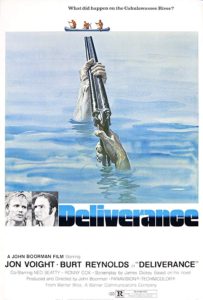
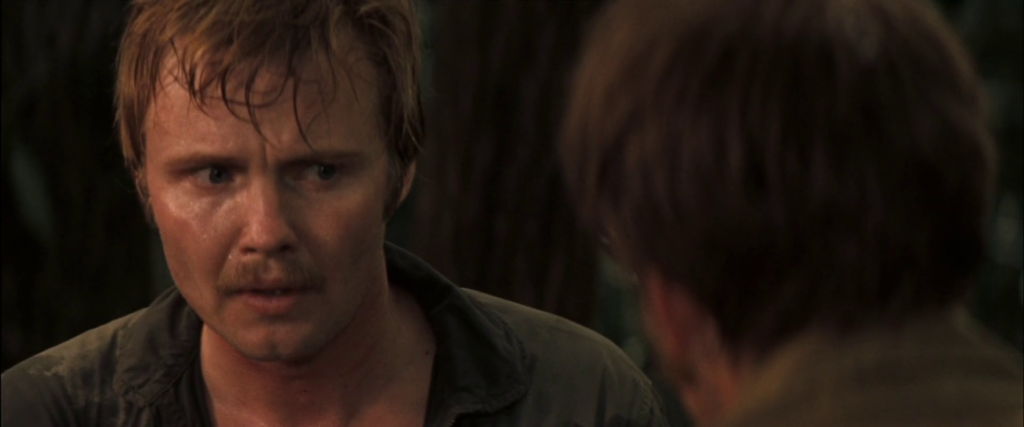
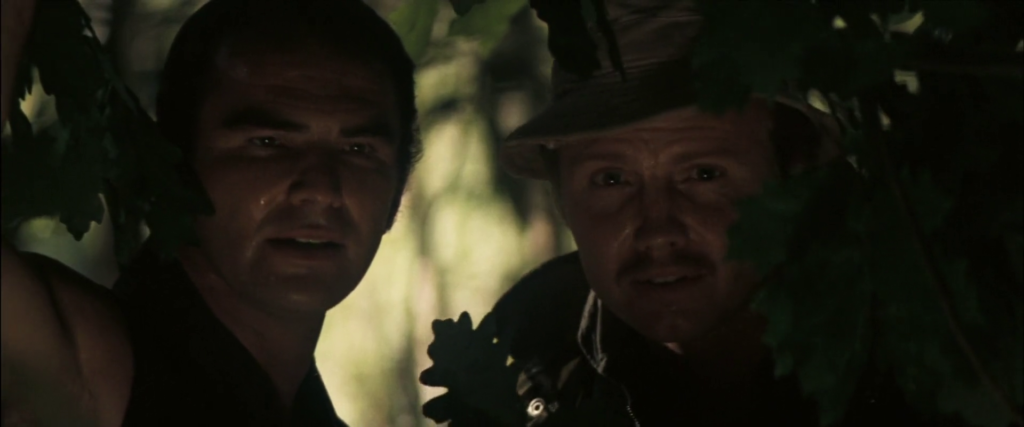
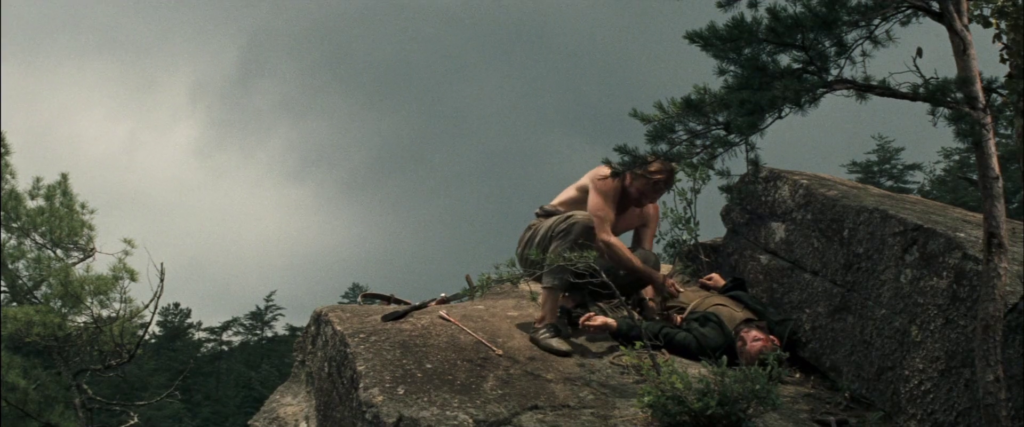
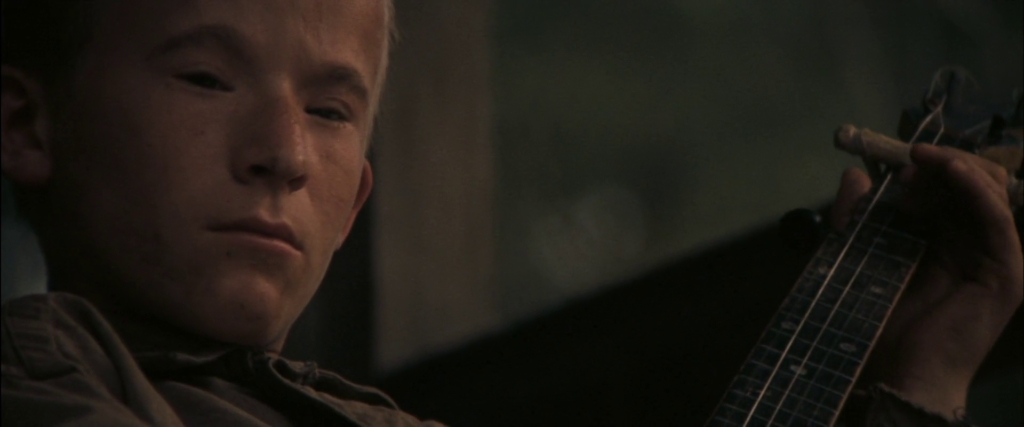
One thought on “Deliverance (1972)”
A must-see – as a one-of-a-kind film experience and a representative film of the ’70s.
As per my post in ‘Film Junkie’ (fb; 04/16):
“Yeah, but why do you go on these trips with me?”
‘Deliverance’ [blu-ray]: I hadn’t seen this since it was first released. It’s not exactly the kind of movie you might feel the urge to revisit from time to time. But not only does blu-ray entice me to re-experience films that have gone through a refined process – but I wanted to see how I felt about ‘Deliverance’ now that I’m not a teenager. I guess the first time I saw it, I didn’t think about much during it except the boldness of it (esp. its most notorious sequence). Watching it again, I found myself wondering just how they managed to film something that looked so dangerous to shoot (Vilmos Zsigmond’s camerawork is impeccable as always)…and how did they synchronize the editing?, the sound of the dialogue with the actors on the river? How did these guys do most of their own stunts? Aside from that…what I took away from it is the way people can change when placed in a situation so foreign to what they know. And how we can surprise ourselves when called on to achieve things we don’t see ourselves attempting. (I’m thinking of the Voight character.) A very tough-minded film from the courageous era of ’70s movie-making. (Director John Boorman says in an extra that Warner Bros. gave him free rein in making it…and it was a surprise box-office hit.) I esp. like author James Dickey playing the sheriff. (According to the DVD’s ‘making of’, Dickey was a larger-than-life force of nature himself.)